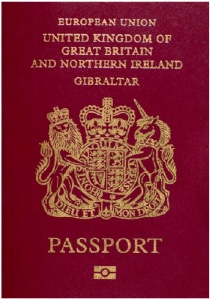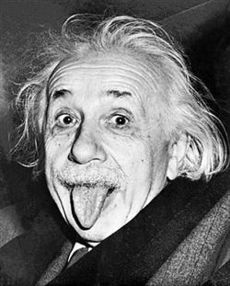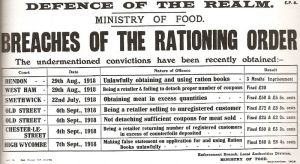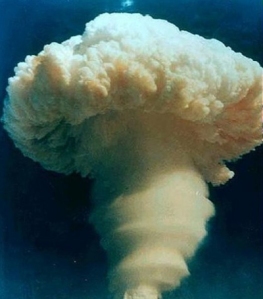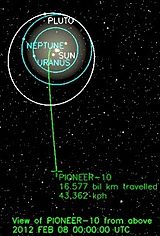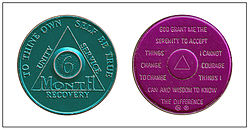On this day in 2003, footballer Marc-Vivien Foe died playing for his country, Cameroon.
Foe, who played two season in England for West Ham and Manchester City, was just 28 when the incident occurred during a Confederations Cup match against Colombia – it is believed his death was the result of hypertrophic cardiomyopathy, a hereditary heart condition which increases the likelihood of sudden death during physical exertion.
His likeability and well-known sense of humour brought tributes from around the world, with the likes of Theirry Henry pointing to the sky during France’s semi-final in the same tournament.
Manchester City retired the number 23, which Foe wore during his successful season there and massive amounts of tributes were laid outside Maine Road, then home ground of City.
Lyon, another of his previous clubs, also retired the shirt number he wore: 17.
Rest in Peace Marc-Vivien Foe.
Other events that happened throughout history include:
- England bow out of the European Football Championships, held in England, following a 6-5 defeaton penalties to Germany. (1996)
- 46 people hit the jackpot on the same lottery draw, each scooping £152,431 of the £7million prize. (1999)
- Former Countdown presenter, Richard Whiteley, dies. (2005)


